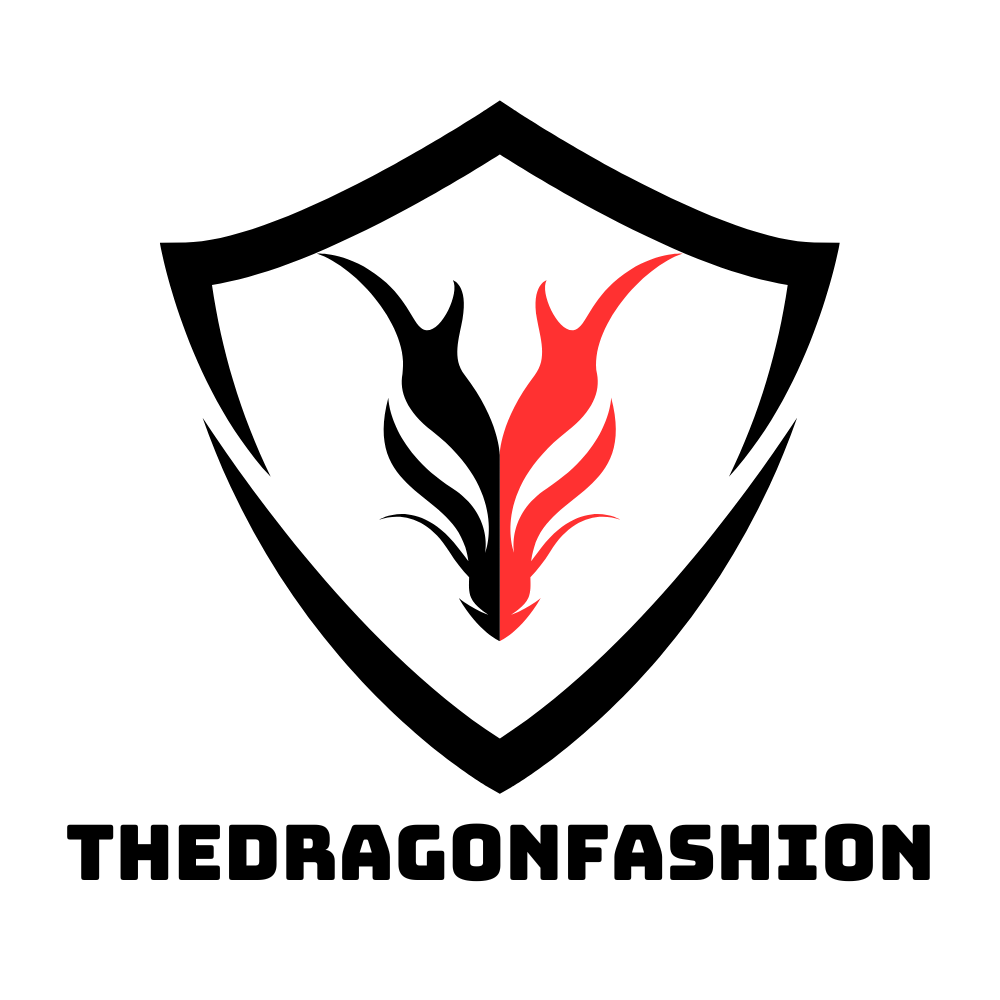World News
MobLand Episode 4 “Rat Trap”: A Quiet Episode Filled with Explosive Revelations, Emotional Tension, and Ruthless Loyalty
The Corpse, The Confrontation, and the Cracks in the Family Armor
In the fourth installment of MobLand, titled “Rat Trap,” the narrative takes a seemingly quieter approach after a high-octane third episode—but this lull is deceptive. Instead of car chases or bloodbaths, this episode unearths metaphorical and literal secrets that deeply shake the foundations of the Harrigan crime family. Right from the opening scene, viewers are drawn into a chillingly calm atmosphere as Harry Da Souza, the Harrigan family’s efficient yet weary fixer, confronts a sleazy associate named Antoine to recover a set of critical memory sticks. The exchange is tense, not because of any immediate physical danger, but because of what those drives contain: evidence that could unravel the criminal empire Conrad Harrigan has spent decades building.
Meanwhile, the real shock of the episode comes with the exhumation of Archie Harrigan’s corpse. The police, clearly on the heels of something big, dig up the body—perhaps hoping for forensic clues, perhaps to intimidate the family. Either way, the move sends seismic ripples through the Harrigans. When Conrad is notified by the undertaker, his immediate reaction is a blend of fury and suspicion. Someone tipped the cops off. There’s a rat, and in a family this steeped in secrecy, that kind of betrayal is unforgivable.
Conrad, despite being an iron-fisted patriarch, surprises viewers with a note of vulnerability. He quickly dismisses the idea that Harry might be the traitor. This loyalty, whether based in denial or true faith, adds complexity to their relationship. Conrad is a man at war with the unknown—a battle made harder when the mole might be in his inner circle.

Jan’s Loneliness and the Houseboat That Feels Like a Cage
While the Harrigan men grapple with external threats, Jan Da Souza, Harry’s wife, is fighting a quieter war—one of isolation and identity. Stranded on a houseboat with her teenage daughter Gina, Jan is physically and emotionally removed from the chaotic center of Harrigan operations. Her isolation is almost symbolic; the water around her boat mirrors her emotional detachment from Harry and the criminal world that envelops him.
She’s not just a woman worried about her husband’s safety—she’s a woman questioning her place in his life. Her solo visits to therapy are telling. Through hushed conversations and raw confessions, Jan reveals how Harry’s loyalty to the Harrigans often overshadows his commitment to her and their daughter. There’s a deep yearning in her voice—not just for attention, but for clarity.
Amid her emotional turbulence, Jan finds a seeming ally in Alice, a new acquaintance who provides companionship and listens without judgment. Their growing friendship gives Jan a sense of support she desperately needs. But just when viewers begin to believe Jan might finally have someone in her corner, the rug is pulled out. Alice, it turns out, is working with Detective Fisk, a hard-nosed investigator desperate to take down the Harrigans. Alice’s betrayal is devastating—not just to Jan, but to the audience who rooted for her connection.
This subplot injects psychological tension into the episode, reminding viewers that not all threats wear suits or carry guns. Sometimes, the greatest betrayals come from those we trust the most.
Maeve’s Ice-Cold Strategy and the Rise of Ruthless Matriarchy
Maeve Harrigan continues to be one of the most commanding and enigmatic characters in MobLand. As the mother of Conrad and the family’s quiet puppeteer, she proves in Episode 4 that her intellect is just as lethal as any weapon. Maeve orchestrates the murder of Tommy, a key family rival, with surgical precision. But this is not just a random act of revenge—it’s a message. And the executioner? None other than her own grandson, Eddie.
The choice of Eddie for this task is strategic. Maeve knows that to maintain power in the Harrigan family, loyalty must be proven with blood. By involving Eddie, she strengthens his ties to the family’s criminal legacy while eliminating someone who threatened their control.
Her manipulation doesn’t stop there. She pacifies Eddie afterward, soothing his shaken nerves with reassurances that he’s done what’s necessary to protect the family. This cold comfort isn’t maternal—it’s political. Maeve is a matriarch in the truest sense: warm when needed, brutal when necessary. She embodies the kind of feminine power often overlooked in crime dramas—one not of physical dominance but of psychological chess mastery.
Conrad, too, begins to lean more on Maeve’s insights. While he has long commanded the family with an iron will, he starts recognizing that Maeve’s subtle strategies may be the key to maintaining their dominance in an increasingly unstable world. Her quiet confidence signals a possible shift in the family’s leadership dynamics, setting the stage for further power struggles within.

Kevin’s Inner Demons and the Haunting Shadow of the Past
Kevin Harrigan remains a complicated figure in MobLand. His rough exterior masks a man deeply scarred by his past, and in Episode 4, we finally get a glimpse into the trauma that has shaped him. A passing mention of Rusby—a former prison guard—triggers a flood of memories, revealing a history of abuse and degradation Kevin suffered during his incarceration.
This subplot doesn’t just add emotional depth to Kevin’s character; it also humanizes the violence and bitterness that often define him. We begin to see his actions not as cold-hearted choices, but as survival mechanisms born from years of humiliation and fear.
His flashbacks are juxtaposed with present tensions involving Bella, his partner, whose loyalty is now in question. When Kevin discovers that Bella once had a romantic history with Conrad, his father, the revelation cuts deep. The mixture of betrayal, shame, and confusion adds a raw layer to his already fraying psyche. In a family where everyone has secrets and history is weaponized, Kevin’s personal agony threatens to destabilize more than just his mental health—it could upend the family’s unity altogether.
These moments turn Kevin into one of the most compelling characters in the show—a man battling internal ghosts while navigating a life that demands brutality and detachment.
Blood on the Floor: Harry’s Loyalty Is Put to the Ultimate Test
The climax of “Rat Trap” is both chilling and transformative. Richie, a volatile enforcer and self-appointed gatekeeper of family loyalty, summons Harry to carry out a final act of brutal justice. The target? The club manager who was framed for Tommy’s death—a man whose only real crime was being a disposable pawn in a larger game.
Richie hands Harry a gun. Harry refuses it.
Instead, Harry chooses a hammer—specifically, a broken handle. What follows is a scene of visceral violence that isn’t just about punishment; it’s about sending a message. Harry could have made it quick. He didn’t. This isn’t just an execution—it’s an assertion. He’s not just cleaning up a mess. He’s proving, beyond doubt, that his loyalty to the Harrigans remains absolute, even as his soul continues to fracture.
But Richie isn’t finished. As the blood dries, he issues a demand: the Harrigans must attend Tommy’s funeral. This isn’t just about respect—it’s about power optics. It forces the family to show face, to pretend civility in a room full of enemies, and to keep their alliances—and their secrets—closely guarded.
This final scene doesn’t just close an episode—it ignites the fuse for the next explosion. With betrayals lurking around every corner and internal loyalty stretched thin, MobLand proves once again that the quietest episodes often hold the loudest echoes.
From thedragonfashion


